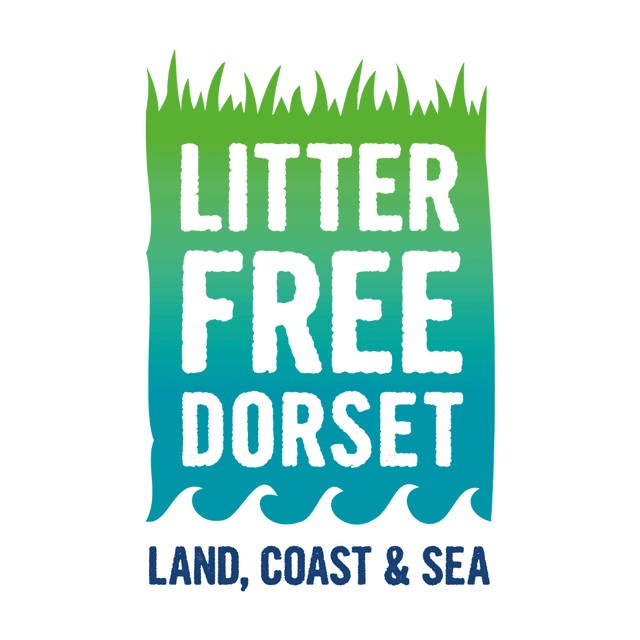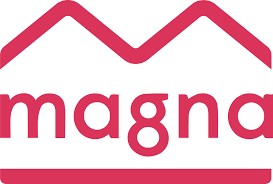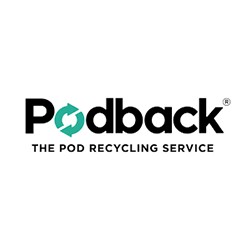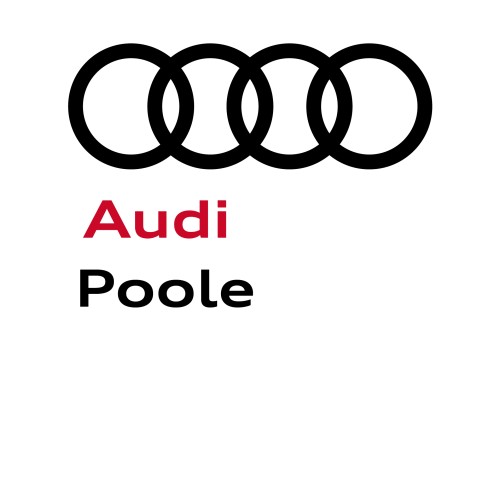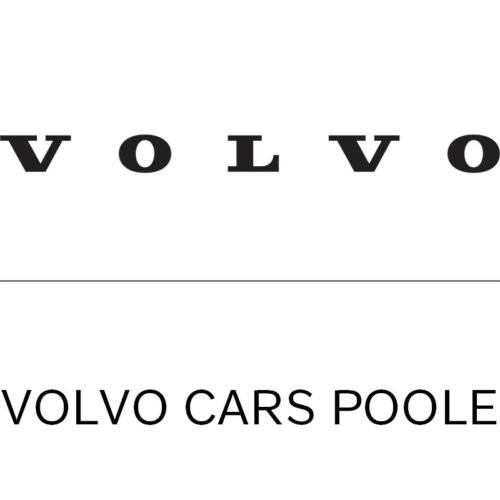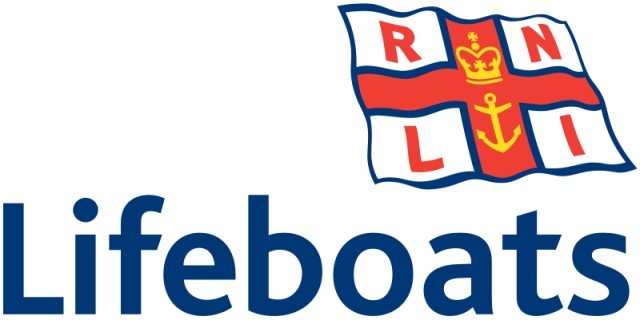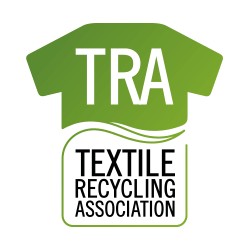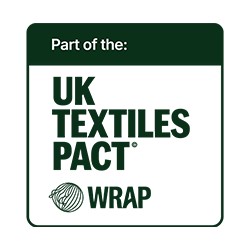UPDATE MARCH 2024
Research conducted by Material Focus has recently stated that we are hoarding an increased amount of electrical goods. In the past four years, the number of items stockpiled by a standard household has gone from 30 items to 40, working out to be an estimated 880 million unused electronics being stored.
While this is better than them being sent to a landfill, the reality is that after years in the pile, they will eventually end up there rather than at a recycling centre.
The reasons listed below are not the only ones as to why we need to be recycling unused electrical and electronic items.
Recycling these electrical goods is becoming ever more important as we move towards a more climate-conscious society because recycling them facilitates the reuse of precious metals such as steel, aluminium, copper, and even gold.
It is estimated that households hold around £1 billion in value of materials. So, in recycling the items, technology companies could start reusing these materials, which would reduce the need to mine for them which is incredibly carbon intensive.
The guide below is now more relevant than it was when first written.
According to the Environment Agency, Waste Electrical and Electronic Equipment is the quickest growing waste stream in the UK.
At W&S, we offer a range of commercial and domestic WEEE recycling services, from drop-off to pick-up. In this guide, we discuss the importance of recycling WEEE, and explain how you can make sure your old electronics are safely disposed of.
WEEE encompasses every item that either has a plug or needs batteries for power, from fridges to mobile phones.
In January 2014, a new set of Waste Electric and Electronic Equipment (WEEE) Regulations became law in the UK. It outlined ten broad categories of WEEE:
Many items need to be recycled for safety reasons, but recycling WEEE is especially important.
Electronic objects contain chemicals that are harmful to the environment. If electronic waste is thrown in a landfill, it will slowly decay, releasing these chemicals into the earth and water. Recycling ensures that WEEE is properly disposed of and no dangerous chemicals are released.
From a legal standpoint, all businesses and government bodies across the UK must dispose of their electrical waste correctly. Failure to do so could result in prosecution and a fine of up to £5,000 at a magistrates’ court, or an unlimited fine from a Crown Court.
At W&S, we provide a competitively priced local recycling service that’s fully personalised to your individual requirements. No matter what you need, W&S can provide.
Our team of qualified specialists handle your recycling from start to finish, ensuring the process is both environmentally friendly and regulation compliant.
This is why we’re trusted by hundreds of businesses and individuals across the south of England, and why our business is in high demand from more and more of the UK.
For more information about our WEEE recycling services, get in touch with our friendly team! We’re happy to help with your recycling needs, no matter how big or small the job.








